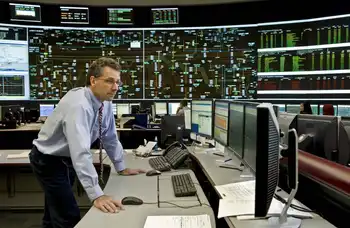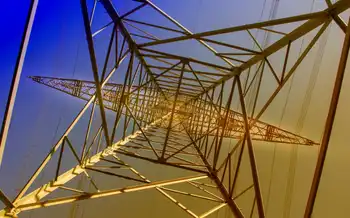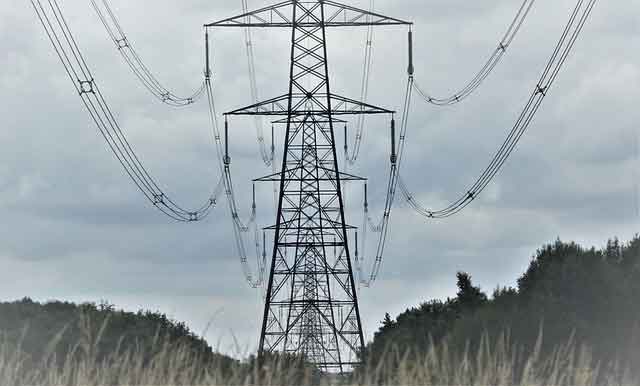Khosla raises $1 billion for renewables, cleantech
The news marked the largest clean technology-dedicated raise by a single venture capital firm since 2007 and was also the first time Khosla Ventures, founded in 2004 by Sun Microsystems Inc founder Vinod Khosla, has raised funds from outside investors.
Previously the venture capital firm had invested hundreds of millions of dollars on behalf of its partners, including Khosla himself, who was not available for comment.
Menlo Park, California-based Khosla Ventures is among the most active early stage investors in renewables and other alternative energy technologies. Khosla himself was an early backer of biofuels.
The venture funds' investments will range from improvements on renewable technology, like solar power, to efficiency and biofuels and new battery systems.
But Khosla is more interested in uncovering technology breakthroughs than in latching onto the latest green trend.
"Things that are too much in fashion are things that I would shy away from," he said in an interview. "Whatever the press calls hot are areas that I'm less interested in."
Although biofuels and photovoltaic solar power companies have received a lot of venture dollars in recent years, Khosla said he still saw opportunities in those areas.
He specifically cited Khosla Ventures investment HCL CleanTech, an Israeli company that makes sugars from materials such as agricultural waste, grasses and sewage treatment waste. Those sugars that can be made into advanced biofuels.
Investors in the new funds include the California Public Employees' Retirement System (Calpers), the largest U.S. public pension fund.
"The fact that they received money from Calpers is a vote of confidence. Calpers believes enough in the Vinod Khosla brand that they would like to formally ally themselves with it," said Dallas Kachan, managing director of industry research and consulting firm The Cleantech Group. "It is further vindication that very important sources of capital feel that we are also past the worst in clean technology investment."
This year has been difficult for venture capitalists, who have been slow to put money into new companies during the recession because they have had trouble cashing out earlier investments due to the sluggish market for initial public offerings and takeovers.
Both of Khosla Ventures' new funds were oversubscribed, but Khosla deflected speculation that his success in raising money signaled a turn in the market for clean tech investing.
"I don't read a lot into it," he said. "In venture capital the story is always a long-term story. Our investors are people who take a long-term view and like people who are doing things in areas where there aren't as many people."
Khosla Ventures was the second most active venture firm during the second quarter, behind Vinod Khosla's former firm, Kleiner Perkins Caufield & Byers.
Khosla Ventures' new funds include the $250 million Khosla Ventures Seed fund, which is focused on high-risk projects that often have difficulty securing capital, the firm said.
The second fund, Khosla Ventures III, is targeted at early and mid-stage firms and had aimed to raise $750 million. Both funds were oversubscribed.
Khosla Ventures' many clean technology investments include solar thermal company Ausra, geothermal company AltaRock and biofuels makers Mascoma, Coskata, Range Fuels and Verenium.
Related News

Ontario's electricity operator kept quiet about phantom demand that cost customers millions
TORONTO - For almost a year, the operator of Ontario’s electricity system erroneously counted enough phantom demand to power a small city, causing prices to spike and hundreds of millions of dollars in extra charges to consumers, according to the provincial energy regulator.
The Independent Electricity System Operator (IESO) also failed to tell anyone about the error once it noticed and fixed it.
The error likely added between $450 million and $560 million to hourly rates and other charges before it was fixed in April 2017, according to a report released this month by the Ontario Energy Board’s Market Surveillance Panel.
It did…




